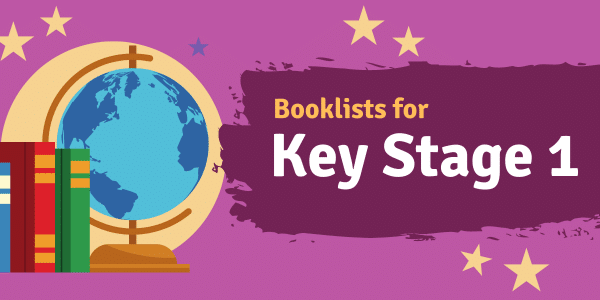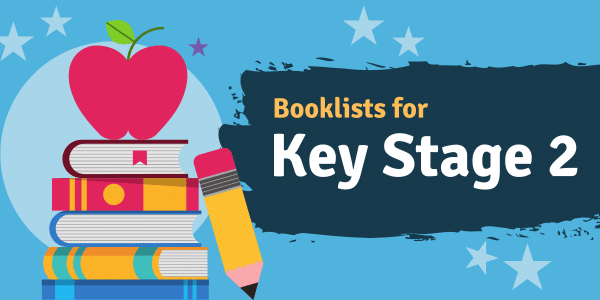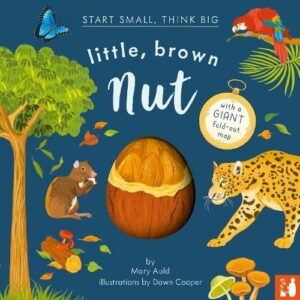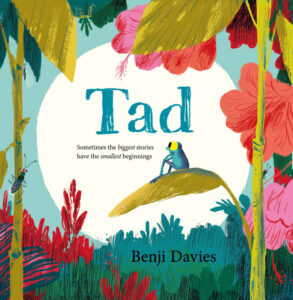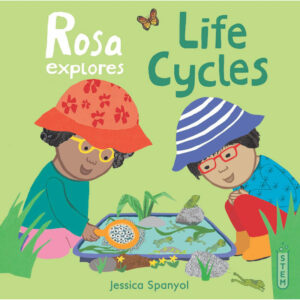Start Small, Think Big is a series that sets young readers on a journey of discovery, beginning from the small and familiar to new areas of knowledge where they really have to think big!
Little Brown Nut starts small, with a large, weighty fruit falling from the tallest tree in the Amazon rainforest. Inside is a little brown Brazil nut, surrounded by 19 others. It sits and waits for an agouti, a rodent with teeth so strong that it can free the nut from its hard casing. The story of the Brazil nut tree and the agouti is told clearly and carefully, with facts about germination, photosynthesis, seed dispersal. The narrative progresses in a way that builds understanding and the gorgeous illustrations bring the story and the science to life.
Thinking BIG, the book shows why the rainforest is important to local people and the wider world. A big fold-out has a world map, an at-a-glance lifecycle, and a Rainforest I-Spy of the animals to take children back into the book.








